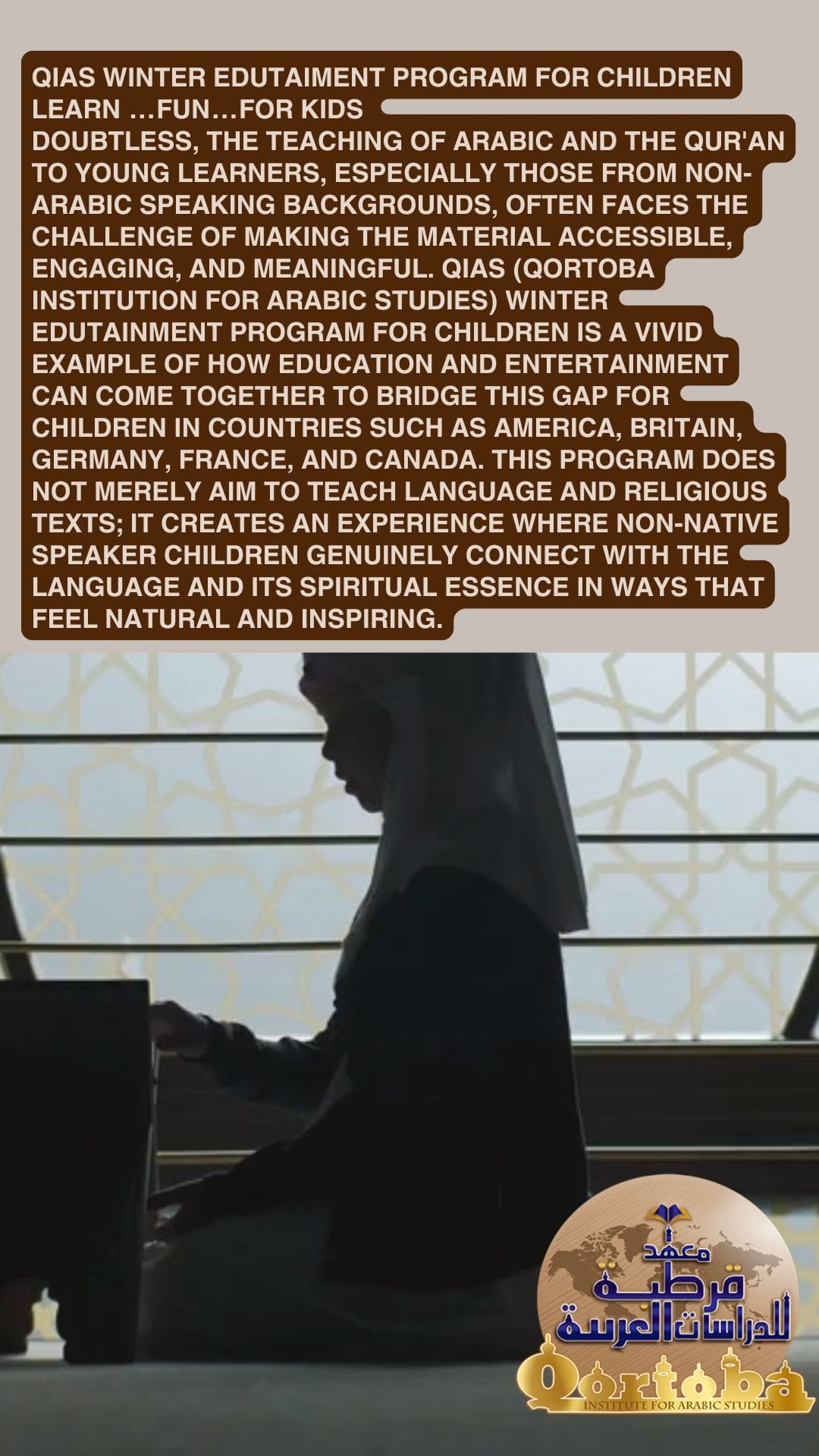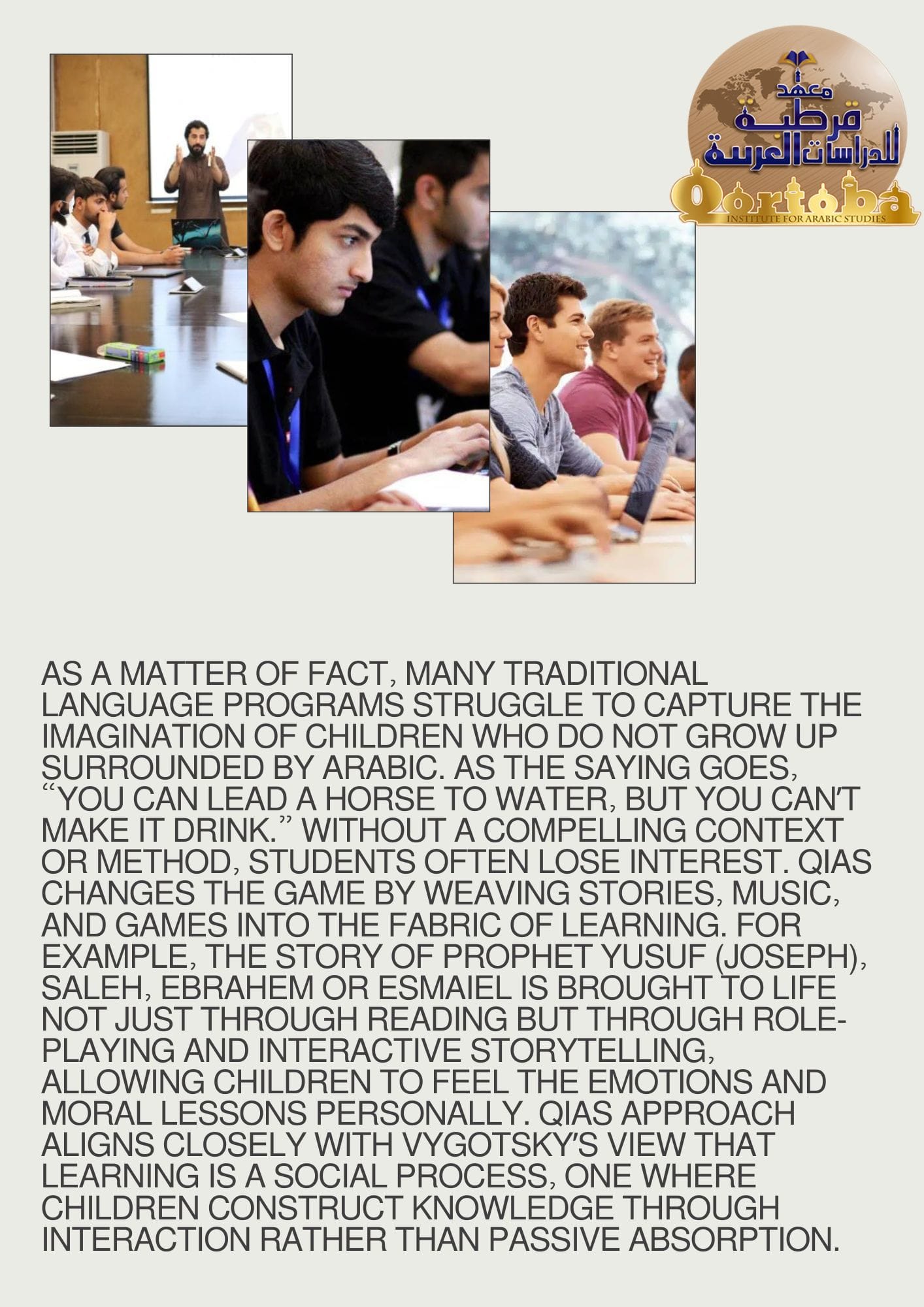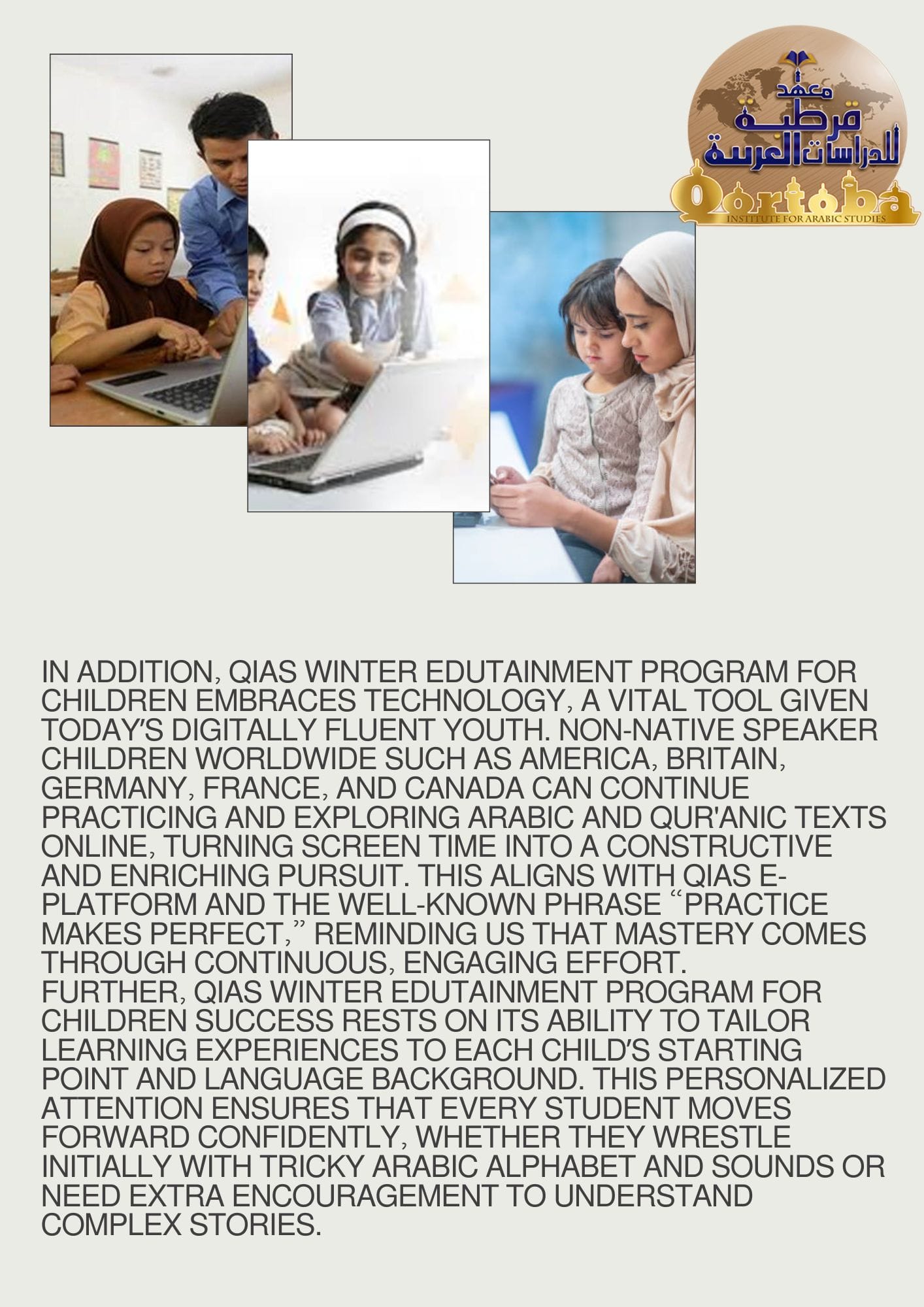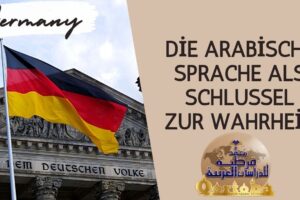
Arabic and the Qur’an to young learners
Arabic and the Qur’an to young learners
QIAS WINTER EDUTAIMENT PROGRAM FOR CHILDREN LEARN …FUN…FOR KIDS
Doubtless, The teaching of Arabic and the Qur’an to young learners, especially those from non-Arabic speaking backgrounds, often faces the challenge of making the material accessible, engaging, and meaningful. QIAS (Qortoba Institution for Arabic Studies) Winter Edutainment Program for Children is a vivid example of how education and entertainment can come together to bridge this gap for children in countries such as America, Britain, Germany, France, and Canada. This program does not merely aim to teach language and religious texts; it creates an experience where non-native speaker children genuinely connect with the language and its spiritual essence in ways that feel natural and inspiring.
As a matter of fact, many traditional language programs struggle to capture the imagination of children who do not grow up surrounded by Arabic. As the saying goes, “You can lead a horse to water, but you can’t make it drink.” Without a compelling context or method, students often lose interest. QIAS changes the game by weaving stories, music, and games into the fabric of learning. For example, the story of Prophet Yusuf (Joseph), Saleh, Ebrahem or Esmaiel is brought to life not just through reading but through role-playing and interactive storytelling, allowing children to feel the emotions and moral lessons personally. QIAS approach aligns closely with Vygotsky’s view that learning is a social process, one where children construct knowledge through interaction rather than passive absorption.
Given, the core of QIAS program is its thoughtful approach to Tajweed, the rules of Qur’anic recitation. Hence, learning is far from mechanical drills. Instead, children experience the rhythm of the Qur’an through exercises that engage their hearing, sight, and movement. Visual aids show exactly how to shape the lips and tongue, and playful hand gestures help guide the breath and tone. Through such methods, learners don’t just recite words; they learn to appreciate the beauty and
Sacredness the text demands, reflecting the Qur’anic instruction” :
And recite the Qur’an with measured recitation”(“ورتل القرآن ترتيلا” )
From other hand, one valuable dimension of QIAS is how it addresses the unique position of Muslim children growing up in Western societies. Often, these children face a tug-of-war between their cultural heritage and the world around them. It can feel like being “caught between a rock and a hard place.” By providing a joyful and affirming learning environment that honors their background and engages their interests, the program offers a way for these children to embrace their identities fully. For instance, non-native speaker children across the globe such as America, Britain, Germany, France, or Canada who once found Arabic challenging might, through interactive exercises and storytelling, discover the pride and joy in their heritage—a transformation that speaks to the heart of personal and cultural empowerment.
In addition, QIAS Winter Edutainment Program for Children embraces technology, a vital tool given today’s digitally fluent youth. Non-native speaker children worldwide such as America, Britain, Germany, France, and Canada can continue practicing and exploring Arabic and Qur’anic texts online, turning screen time into a constructive and enriching pursuit. This aligns with QIAS e-platform and the well-known phrase “practice makes perfect,” reminding us that mastery comes through continuous, engaging effort.
Further, QIAS Winter Edutainment Program for Children success rests on its ability to tailor learning experiences to each child’s starting point and language background. This personalized attention ensures that every student moves forward confidently, whether they wrestle initially with tricky Arabic alphabet and sounds or need extra encouragement to understand complex stories.
In a nut shell, QIAS (Qortoba Institution for Arabic Studies)Winter Edutainment Program for Children is more than just an educational model; it is a vibrant journey of language, faith, and identity carefully designed to resonate with non-native speaker children all over the world such as America, Britain, Germany, France, and Canada far from the Arab world. Its success shows that when learning is made heartfelt and engaging, students don’t just grasp a language—they embrace a heritage. Programs like QIAS give these young learners the tools to navigate their bicultural worlds with confidence and grace. As scholars look forward, it will be invaluable to see how such programs continue to evolve and inspire future generations.
Tag:arabic, Arabic alphabet, Arabic Grammar, Arabic language, Arabic languages . Arabic languages . arabic alphabet . arabic alphabet in english . arabic curriculum for kids ., Arabic languages . Arabic languages . arabic alphabet . arabic alphabet in english . arabic curriculum for kids . muslim learn arabic, coronaviruses, islamique, world Arabic language day . française






